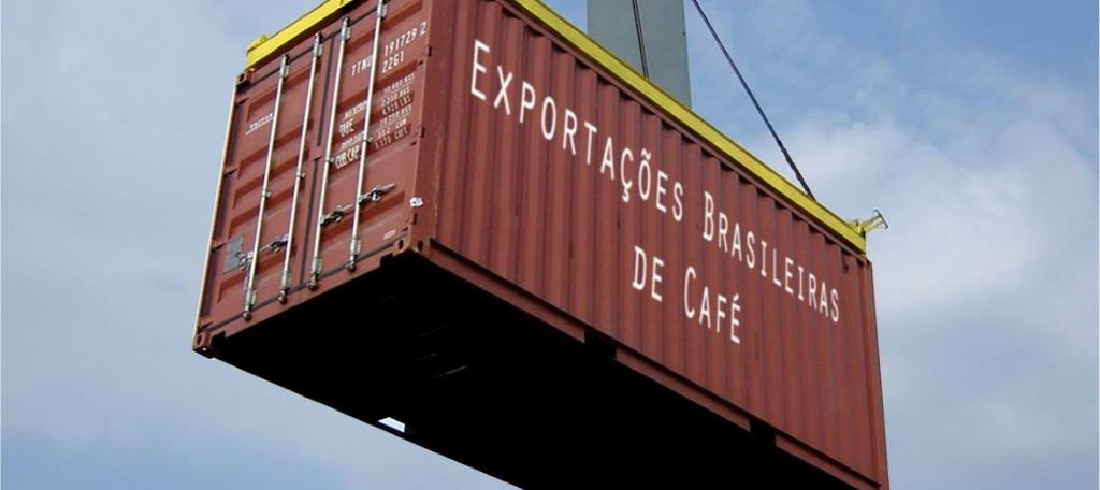
Mercosur-EU Trade Agreement: Key Details on Agricultural and Livestock Exports
Dec, 09, 2024 Posted by Sylvia SchandertWeek 202447
The Mercosur-European Union trade agreement has not introduced changes to the trade terms agreed upon in 2019 for agricultural products. Coffee and seven types of South American fruits (avocado, lemon, lime, melon, watermelon, table grapes, and apples) will enter the European market tariff- and quota-free.
Beef exports from Mercosur countries will receive an additional quota of 99,000 tonnes (carcass weight equivalent), with incremental growth over five years until the maximum foreseen volume, subject to a 7.5% tariff. Once the agreement takes effect, the existing Hilton Quota of 10,000 tonnes will have its 20% tariff eliminated.
Poultry meat will have a quota of 180,000 tonnes (carcass weight equivalent), with no tariffs and incremental growth over five years. Pork meat will be allocated a 25,000-tonne quota, also phased in over five years, with a tariff of €83 per tonne. Brazilian producers anticipate capturing the largest share of this market.
Sugar will have a quota of 180,000 tonnes, with no tariffs. Paraguay will receive a specific quota of 10,000 tonnes, which is also duty-free. Industrial ethanol from Mercosur will have a 450,000-tonne quota with duty-free access from the agreement’s start. For other ethanol uses, including fuel, a 200,000-tonne quota will be subject to a phased tariff reduction over five years, with rates of €6.4 or €3.4 per hectoliter.
Rice will have a 60,000-tonne duty-free quota, with incremental growth over five years. Corn will be allocated a one-million-tonne quota, phased in over five years, and tariff-free. Initial government documents did not detail export terms for eggs and ovalbumin, but on December 8, Agência Brasil added these to the list. The items will have a 3,000-tonne quota with zero tariffs from the agreement’s start, with volumes increasing in six annual stages over five years.
Certain products will receive mixed treatment. For instance, orange juice, a category where Brazil leads global exports, will see tariffs reduced to zero over seven to 10 years, with a 50% margin of preference (relative tariff reduction). Cachaça will see trade liberalization within four years for bottles under two liters and a 2,400-tonne duty-free quota for bulk exports, with incremental growth over five years. Currently, cachaça faces an 8% tariff.
For other items, full liberalization will not be immediate, with gradual tariff reductions planned. For example, Brazilian avocado exports to the EU will face a 4% tariff phased out over four years. For lemons and limes, a 14% tariff will be eliminated over seven years. Apples will start with a 10% tariff, phased out over 10 years. Watermelon and melons will see a 9% tariff reduced over seven years, while fresh table grapes will benefit from immediate tariff-free access, contingent on meeting entry price conditions.
Here’s a chart that provides a historical overview of melon and watermelon exports from Brazil to European ports from January 2021 to October 2024. The data was derived from DataLiner.
Melon & Watermelon Exports to Europe | Jan 2021 – Oct 2024 | TEUs
Source: DataLiner (click here to request a demo)
Roasted and soluble coffee will gain tariff-free access over four years, with a gradual reduction of the current 4% tariff. Rules of origin will require that a portion of green coffee used for roasting (40%) and for soluble coffee production (40%-50%) originate from Brazil.
In 2019, conditions for unmanufactured tobacco included tariffs ranging from 5% to 11%, with reductions over four years. Manufactured tobacco products, such as cigarettes, faced tariffs between 10% and 75%, phased out over seven years. However, these products were absent from the official documents released by Brazil on December 6 following the agreement’s conclusion.
Vegetable oils will see immediate tariff elimination. For fish and shellfish, 80% of fresh and frozen varieties will gain duty-free access upon the agreement’s implementation. Included in this category are shrimp, lobster, and frozen bonito fillets. Prepared bonito and sardines will have their tariffs eliminated over ten and seven years, respectively. Frozen tilapia and other shrimp will achieve duty-free trade in 4.7 and 10 years, respectively.
Mercosur’s cheese exports will have a 30,000-tonne quota with volume growth and declining tariffs over 10 years, excluding mozzarella. Yogurt and butter will benefit from 50% and 30% preference margins, respectively.
The agreement stipulates that quotas will later be divided among Mercosur countries. If Mercosur exports exceed the established quotas, products will revert to current EU tariffs.
Mercosur will also make significant concessions. According to national government estimates, nearly 96% of imports into Mercosur countries will achieve tariff-free status within 15 years. Longer transition periods and quotas have been established for sensitive products, such as cheese, powdered milk, wine, sparkling wine, garlic, and chocolate.
Source: Globo Rural
More information available at: https://globorural.globo.com/politica/noticia/2024/12/entenda-como-ficam-as-exportacoes-agropecuarias-apos-acordo-mercosul-ue.ghtml
-
Other Cargo
Nov, 23, 2021
0
Minister plans trip to Canada to meet with fertilizer producers
-
Trade Regulations
May, 21, 2019
0
Mourão restarts China-Brazil Commission
-
Ports and Terminals
Aug, 03, 2021
0
Paranaguá infrastructure allows simultaneous unloading of fertilizers
-
Automotive
Aug, 15, 2024
0
Brazil Auto Parts Industry Sees 18% Export Decline, Trade Deficit Widens

